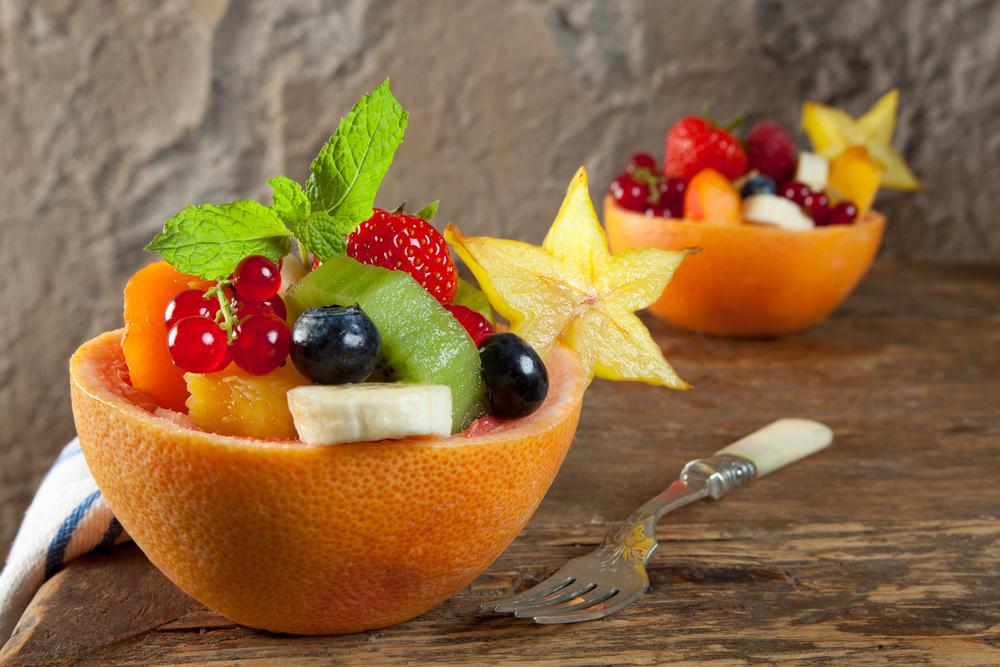
6 Foods That Help Prevent IBS Flare-ups
Living with inflammatory bowel syndrome (IBS) can get frustrating, especially during mealtimes. You must avoid trigger foods to prevent an episode of cramps, bloating, gas, and constipation or diarrhea. Having said that, making certain dietary changes to include the right foods while leaving out the harmful ones can make a tremendous difference in reducing the frequency of IBS flare-ups. Here are some beneficial foods to eat if you have IBS:
- Cooked foods
Unlike raw vegetables, cooked ones are easily digestible, so you can eat all cooked vegetables, except cabbage, cauliflower, broccoli, and Brussel sprouts as these might cause bloating and gas. Having said this, all foods do not affect everyone the same way, so you can also try including these vegetables in your diet to understand whether they aggravate any symptoms. - Lean meat
Lean meats are loaded with proteins and are easily digestible, and they also do not produce gas. You can opt for white meat chicken, white meat turkey, pork, and lean cut of beef (sirloin, top round, eye round, bottom round), but you should avoid fatty cuts as they contain pro-inflammatory fats and unhealthy toxins. - Certain grains
Some grains like gluten-free oatmeal and brown rice are beneficial foods to eat if you have IBS as they do not aggravate the symptoms of this condition. Additionally, they provide your body with soluble fibers, which help regulate bowel movements. - Fish rich in omega-3 fatty acids
Fatty fish are among the best foods to eat to prevent IBS flare-ups as they are rich sources of omega-3 fatty acids, which are known to have anti-inflammatory properties. Since inflammation is the cause of IBS, omega-3s go a long way in helping reduce inflammation and relieve discomfort. Some fish that are excellent sources of omega-3 fatty acids are rainbow trout, herring, anchovies, mackerel, black cod, sardines, wild-caught salmon, and whitefish. - Fruits
Fruits are rich in nutrients and good for gut health in general, but some fruits are especially helpful for IBS. That said, some fruits aggravate the symptoms, so you need to avoid those. Also, you must not eat many fruits in one sitting as your body needs time to absorb the sugar without fermentation. Some fruits that are suitable for you if you have IBS are bananas, cantaloupe, grapes, kiwi, olives, strawberries, and blueberries. - Low-fat yogurt
Generally, dairy products are not among the recommended foods to eat if you have IBS, but if you aren’t sensitive to lactose, low-fat yogurt is a great option as it is filling and contains probiotics that promote digestive health. Studies have shown that probiotics also help reduce flare-ups by alleviating the symptoms of IBS. However, ensure that you opt for low-fat yogurt as other variants contain high amounts of sugar, which can worsen the symptoms.


